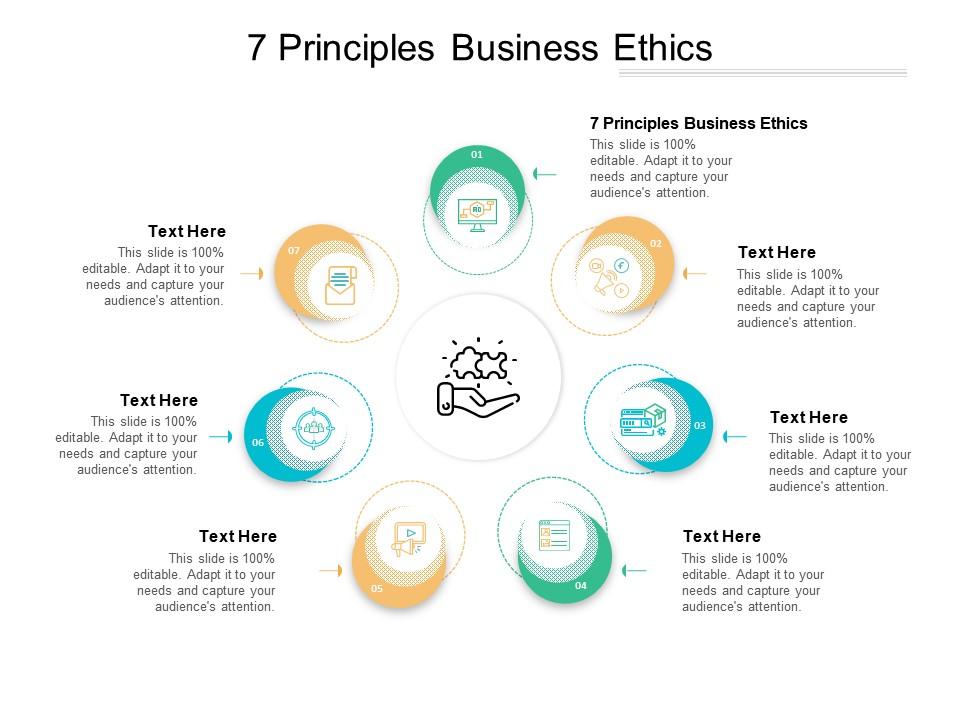Understanding Monmouth Superior Family Court:
Navigating the legal system can be a daunting experience, especially when it comes to family court proceedings in Monmouth County Superior Court. From divorce and child custody to domestic violence and adoption, the Monmouth Superior Family Court handles a wide range of family-related legal matters. Understanding the court’s procedures and processes is essential for anyone involved in family law proceedings in Monmouth County.
Filing Your Case:
The first step in initiating family court proceedings in Monmouth County is filing your case. Whether you’re seeking a divorce, custody modification, or child support enforcement, you’ll need to file the necessary paperwork with the Monmouth County Superior Court Family Division. This typically involves completing a series of forms and submitting them to the court, along with any required documentation and filing fees.
Attending Court Hearings:
Once your case is filed, you’ll likely be required to attend court hearings as part of the legal process. These hearings provide an opportunity for both parties to present their arguments and evidence before a judge. Depending on the nature of your case, you may need to attend multiple hearings, each addressing different aspects of your legal matter. It’s important to be prepared and punctual for each scheduled court appearance.
Mediation and Alternative Dispute Resolution:
In many family law cases, the court may encourage or require parties to attempt mediation or other forms of alternative dispute resolution before proceeding to trial. Mediation allows parties to work with a neutral third party to negotiate a settlement agreement outside of court. This can be a more cost-effective and amicable way to resolve disputes, particularly in cases involving children or ongoing relationships.
Presenting Your Case in Court:
If your case proceeds to trial, you’ll have the opportunity to present your case in court before a judge. This typically involves calling witnesses, presenting evidence, and making legal arguments to support your position. It’s essential to be well-prepared and organized for trial, as the outcome can have significant implications for your future.
Following Court Orders:
Once the court issues a ruling or order in your case, it’s important to comply with its terms and requirements. This may include paying child support, adhering to visitation schedules, or following other directives outlined by the court. Failure to comply with court orders can result in legal consequences, including fines, sanctions, or even contempt of court charges.
Seeking Legal Representation:
Navigating family court proceedings in Monmouth County can be complex and challenging, especially for those unfamiliar with the legal system. That’s why it’s essential to seek the guidance and representation of an experienced family law attorney. A knowledgeable attorney can provide invaluable advice, advocacy, and support throughout the legal process, helping you achieve the best possible outcome for your case.
Understanding Your Rights and Options:
Finally, it’s important to educate yourself about your rights and options when navigating family court proceedings in Monmouth County. This includes understanding the laws and statutes that govern your case, as well as knowing your legal rights and responsibilities. By arming yourself with knowledge and information, you can make informed decisions and effectively advocate for your interests in court.
Conclusion:
Navigating family court proceedings in Monmouth County Superior Court can be a complex and challenging process. However, with proper preparation, legal guidance, and understanding of the court’s procedures, you can navigate the legal system with confidence and achieve a favorable outcome for your case. Read more about monmouth superior family court










